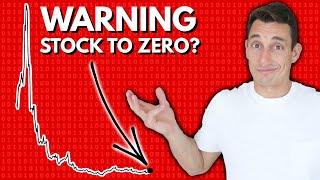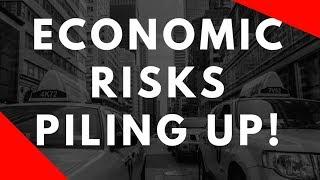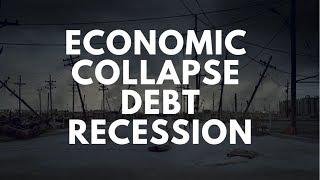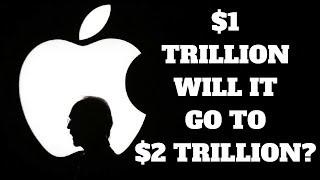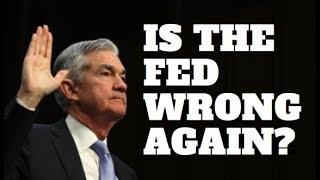STOCK MARKET NEWS - POLITICS AND INVESTING
Описание
Link to research platform:
https://sven-carlin-research-platform.teachable.com/
link to Modern Value Investing book:
KINDLE: https://amzn.to/2r184En
PAPERBACK: https://amzn.to/2Kd55kN
What does dr. Copper say? Investing and politics
Despite rising inflation copper prices have been declining.
Higher interest rates are putting pressure on emerging markets and their $19 trillion of debt.
However, the best investing opportunities usually arise when things are not good.
I was really bullish on copper when it was around $2 per pound a year ago but now I am not that bullish anymore as it is above $3.
Now, in the long term I am still bullish as the metal is the key for the electric century we are entering as we slowly leave fossil fuels behind but something we must keep in mind related to portfolio exposure and copper related investments is that copper can be extremely volatile which makes copper miners even more volatile.
Copper is usually named dr.Copper due to its predictive capacities in forecasting economic growth and inflation. As copper has lots of applications a rising global economy will increase the demand and the price of it due to the fact that supply is inelastic over the short term. On the contrary, a slowdown in economic demand will quickly negatively affect its price.
Now, if we retake a look at figure 1, copper prices didn’t really go up in 2018 despite inflation being higher and the global economy supposedly doing fine. It is not down much for the year, just 6% but if the negative trend strengthens it might be an indicator of a general economic slowdown.
One of the main reasons for such a slowdown are higher interest rates that have already started to put pressure on some parts of the world. As always, the pressure will be first felt in emerging and frontier markets due to their speculative nature as investors rush into them when things look fine but are fast in selling at the first sign of trouble. As those financial markets are shallow, any kind of instability or interest rate increases is immediately felt.
Is the $19 trillion in debt an issue for emerging markets?
In the last 10 years, emerging markets have really taken advantage of low interest rates and abundant liquidity and their total debt increased from just $5 trillion to $19 trillion. Investors in developed countries were desperate for any kind of yield due to zero or negative interest rates while emerging markets were happy to borrow due to positive economic expectations.
The problem lies mostly in sentiment as always. If interest rates increase fast, investors that have rushed into those markets will get scared of the short term negative trend, pull their money which could make it hard for companies and governments to refinance their debt.
Capital outflows further put pressure on exchange rates, lower the value of financial assets and an emerging or frontier market could quickly see its luck change.
The point is that this puts pressure on global economic growth, demand for products and services and sooner or later this is felt first on financial markets and consequently also on other global economies.
Apart from all of the above there is also politics that play a role.
Politics
According to the WSJ, president Trump is putting pressure on Europe to drop the support for the Nord Stream 2 pipeline that is supposed to bring cheap gas from Russia into Europe. The point is that Russian gas through a pipeline is cheaper that U.S. gas that has to be liquified in order to be shipped to Europe.
According to U.S. and European officials the WSJ journal reports how in order to prevent an Atlantic trade was Trump is putting pressure on Germany to cut its support for the project. This has several implications for us investors.
The first is that when politics get involved you cannot make decisions based on natural economic forces as things get distorted.
The second thing is that economic forces usually prevail in the long term as the value of natural resources as gas is, sooner or later comes out. So, in the Gazprom case, watch what is going on and take advantage of the volatility. If some things are certain, Gazprom has value but for sure the stock price will remain volatile.
Conclusion
There will always be economic risks ahead and one must look at them to manage portfolio exposure. Nobody can time a crash or a recession and the only thing we can do is manage our exposure. Therefore, after 35 years of best ever stock market returns one might think about diversifying and managing risk rather that chasing returns.



